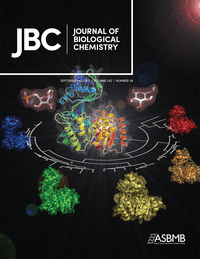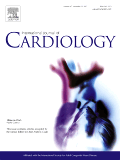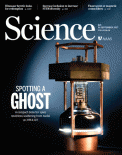 The Journal of Biological Chemistry has added an expression of concern to a 2003 paper that arose from the PhD thesis of a once-prominent — and controversial — science journalist in Australia.
The Journal of Biological Chemistry has added an expression of concern to a 2003 paper that arose from the PhD thesis of a once-prominent — and controversial — science journalist in Australia.
The first author of the paper is Maryanne Demasi, a journalist whose reporting created unintentional headlines in recent years. In 2013, she produced a controversial series about cholesterol and fat (and even cast doubt on cholesterol-lowering drugs known as statins); in 2016, she was fired from the science program Catalyst, after it aired an episode alleging wi-fi could cause brain tumors.
Now, it appears the research community is taking a second look at some of the work underlying her PhD in rheumatology from Royal Adelaide Hospital. Here’s the notice from the journal:
Continue reading Controversial Australian journalist’s paper flagged by journal


 A cardiology journal has retracted a 2016 meta-analysis after the editors had an, ahem, change of heart about the rigor of the study.
A cardiology journal has retracted a 2016 meta-analysis after the editors had an, ahem, change of heart about the rigor of the study. When economist Jason Hockenberry looked at data comparing some of the financial issues facing different U.S. hospitals, he was surprised by what he saw.
When economist Jason Hockenberry looked at data comparing some of the financial issues facing different U.S. hospitals, he was surprised by what he saw. The
The 
 Science has issued an expression of concern for a widely covered materials science paper published on Friday, citing issues with the supplementary data.
Science has issued an expression of concern for a widely covered materials science paper published on Friday, citing issues with the supplementary data.